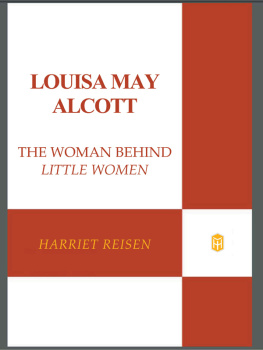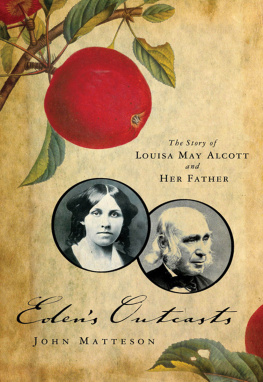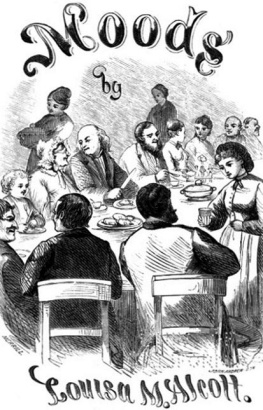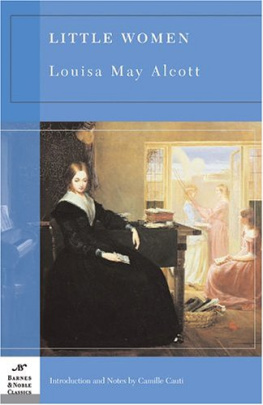
ALSO BY SUSAN CHEEVER
Desire
American Bloomsbury
My Name Is Bill
As Good as I Could Be
Note Found in a Bottle
A Womans Life
Treetops
Elizabeth Cole
Doctors and Women
Home Before Dark
The Cage
A Handsome Man
Looking for Work


Simon & Schuster
1230 Avenue of the Americas
New York, NY 10020
www.SimonandSchuster.com
Copyright 2010 by Susan Cheever
All rights reserved, including the right to reproduce this book or portions thereof in any form whatsoever. For information address Simon & Schuster Subsidiary Rights Department, 1230 Avenue of the Americas, New York, NY 10020
First Simon & Schuster hardcover edition November 2010
SIMON & SCHUSTER and colophon are registered trademarks of Simon & Schuster, Inc.
For information about special discounts for bulk purchases, please contact Simon & Schuster Special Sales at 1-866-506-1949 or business@simonandschuster.com.
The Simon & Schuster Speakers Bureau can bring authors to your live event. For more information or to book an event, contact the Simon & Schuster Speakers Bureau at 1-866-248-3049 or visit our website at www.simonspeakers.com .
Designed by Jill Putorti
Library of Congress Cataloging-in-Publication Data
Cheever, Susan.
Louisa May Alcott / Susan Cheever.
p. cm.
1. Alcott, Louisa May, 18321888. 2. Authors, American19th centuryBiography. I. Title.
PS1018.C47 2011
813.4dc22
[B] 2010005879
ISBN 978-1-4165-6991-6
ISBN 978-1-4165-7024-0 (ebook)
For my daughter, Sarah.
Contents
Preface: A Trip to Concord
For more than a century, the portrait of Little Womens Jo March, a young woman who is as rebellious as she is talented, has offered readers a kind of sympathy and guidance that didnt seem to be available anywhere else. I was twelve when my mother handed me Little Women, and the book electrified me. It was as if this woman from long ago was living inside my head. Here was a story about girls doing the things I did; a story about being obsessed with how a dress might look, or trying hard to be a good girl and then finding that, somehow, ones actions were those of a bad girl. Jo got so angry at her pesky little sister Amy, who had thrown Jos manuscript into the fire, that she almost let Amy drown.
The younger, prettier Amy is the voice of conventional wisdom in Little Women. I detest rude, unladylike girls, she sniffs at Jo who retorts, I hate niminy piminy chits.teenage panache. Like Jo, I disdained the efforts by niminy piminy chits to look feminine and elegant; at the same time I yearned to look feminine and elegant anyway.
Jo lived with women who delighted in food (the popovers) and clothes (the soiled gloves and turned dresses) and determinedly navigated all the familiar scrapes and potential shipwrecks in the treacherous world of flirtations and true love. At home with my parents, I also lived in a world where women cooked and cleaned and tried to look pretty. The sexual stereotypes of the 1950s were our family standard. Any divergence from those stereotypesmy brother wearing an apron, my appearance in black pants and flatswas a cause for trouble. In Little Women, I discovered the same kind of rigid world with petticoats and gloves in place of the curlers and garter belts my mother bought for me. In Jo March I found the antidote to that world.
I went on to read Little Men and the rest of Alcotts novels (or what I thought were the rest of her novels), but I came back to Little Women, rereading it so many times that I needed a new copy. I even persuaded my father to take me to Concord, Massachusetts, to see Orchard House, where the fictional Jo March had lived and where Louisa May Alcott had written Little Women in one spring and summer back in 1868.
Orchard House, when we finally got there, seemed smaller than the house in my imagination. The actual rooms where Little Women had taken place were somehow less inviting than the warm, lively household of my dreams where a wild, rebellious girl named Jo was loved just as much as if she had been ladylike and obedient. Not for the first or last time, I was confronted with the differences between fiction and life.
Still, I was thrilled to be in the presence of the real thing, the place where the writing of Little Women actually occurred. While the tour guide was distracted by a literary question of my fathers about Ralph Waldo Emerson, I secretly stroked the little desk where Little Women had been born, as if some alchemy in the wood might pass into my own restless spirit. I couldnt wait to get home to the book.
As a naughty, rebellious girl in the throes of puberty, I needed help, and it seemed to come from the pages of Little Women. What did it mean to be a woman, anyway? Should I do as my parents suggested and aim at being pretty and popular and having my pick of desirable men? Should I become a woman whose identity was a wife and mother as my mother had; should I be some mans Little Woman? Or should I strike out like Jo March and have great adventures and live alone in a house I paid for and risk being lonely?
With the character of Jo March, Louisa May Alcott gave words to the dialogue between woman as sexual, domestic creature and woman as successful professional. How can a woman avoid the trap of dependence and still have family satisfactions? How can she enjoy the rich satisfactions of good work and earning money without missing out on a domestic life? Little Women seemed like a guide through this morass of feminine questions, many of which I could not articulate in those days.
Last summer, decades after my first trip to Orchard House, after a life that has only imperfectly answered the questions I had as a girl, I sat and watched as crowds of young girls walked up the path to the pretty brown house where Alcott wrote her masterpiece. Now lovingly restored and under the directorship of Jan Turnquist, a woman so in tune with Louisa May Alcott that she sometimes portrays Louisa by dressing in the clothes Louisa would have worn, Orchard House is backed by a stand of trees and sits near the Lexington Road about a mile away from the center of Concord. Walden Pond, where the Alcotts friend and teacher Henry David Thoreau built his famous hut, is another mile on through the trees. The white house where their friend Ralph Waldo Emerson lived with his family and ran a brilliant rotating literary salon is down the road in the other direction.
The thousands of women who visit Orchard House each year seem to be looking for guidance. Many of them have read Little Women; some of them have only seen one of the excellent movies made of the book that star, in chronological order, Katharine Hepburn, June Allyson, and Winona Ryder, but they are there for the same reasons. The house gets as many as 100,000 visitors a year. They patiently listen as local guides begin in the Alcotts dark kitchen, with its soapstone sink and woodstove, where Abba Alcott and her daughters did the cooking and washing with water from the well. They troop into the small dining room with a cupboard filled with Abbas green and white May family china. Fiction and fact are overlaid in this small room where the Alcotts ate their vegetarian meals and the fictional Marches also ate meals. The March meals were spare but conventional. There was no meat because they were poor. The Alcott meals often consisted of graham meal and apples. Meat was not just expensive; it was one of Bronson Alcotts many personal devils.
Next page
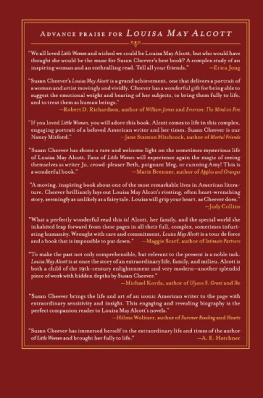
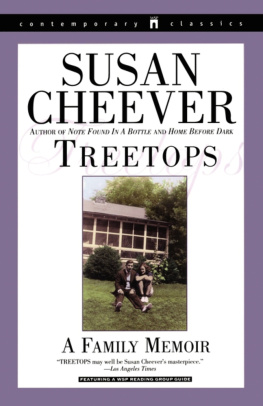
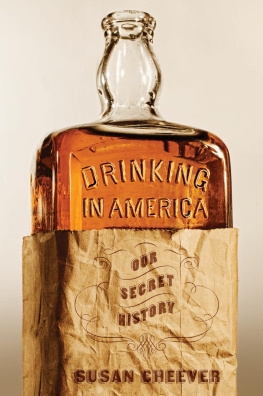
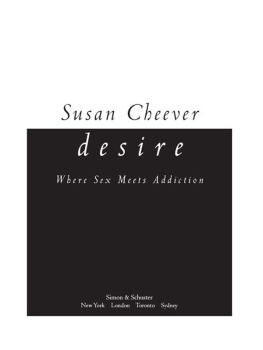
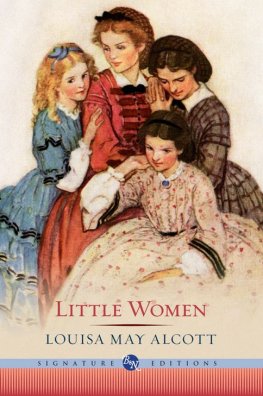
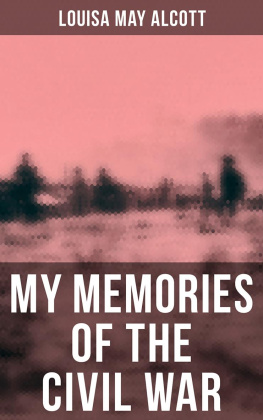
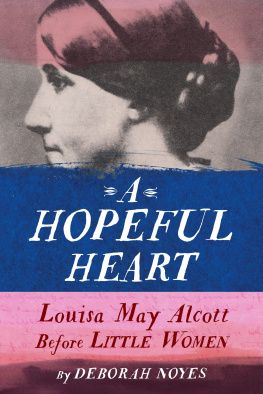

![Alcott - Louisa May Alcott: [a personal biography]](/uploads/posts/book/163779/thumbs/alcott-louisa-may-alcott-a-personal-biography.jpg)

